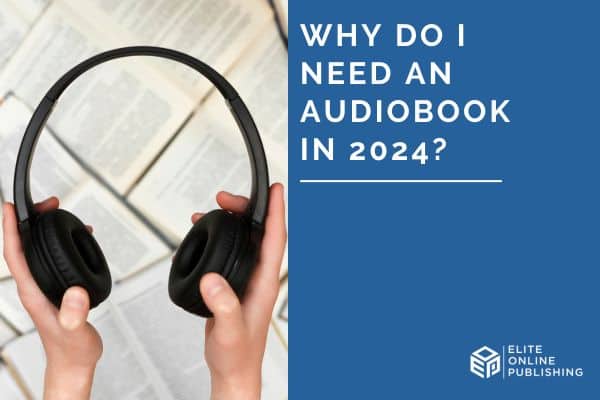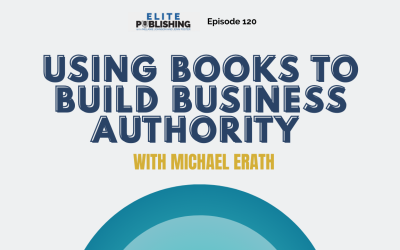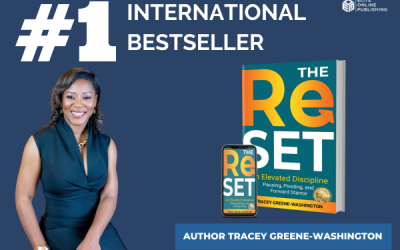In today’s fast-paced world, audiobooks are not just an option but a necessity for authors and entrepreneurs. With 2024 unfolding, understanding the significance of having an audiobook can redefine your publishing strategy. In this digital era, they are essential for maximizing reach and engaging with your audience in a meaningful way.
Rising Popularity of Audiobook Listening
It’s undeniable that audiobooks have experienced a meteoric rise in popularity. Statistics reveal a steady increase in audiobook listenership, making them a vital component of the publishing industry. Over the past few years, the success of platforms like Audible has made it clear that audiobooks are a worthwhile investment. This surge is not just a fleeting trend but a clear indication of changing consumer preferences, with more individuals turning to audiobooks for their literary indulgence.
Accessibility and Convenience
Furthermore, audiobooks shine in their accessibility and convenience. They perfectly cater to today’s fast-moving lifestyles, allowing listeners to enjoy books while commuting, exercising, or performing daily tasks. This feature is especially beneficial for those with visual impairments or reading difficulties, as it provides an alternative way to access literature. By embracing audiobooks, you ensure that your work is accessible to a wider, more diverse audience.
Expanding Market Reach
Additionally, delving into this market can open doors to an entirely new audience. While some readers prefer traditional print or ebooks, others lean towards audio formats. Audio formats offer a more personal experience with the story and can offer unique opportunities to connect with readers. By offering your book as an audiobook, you have the ability to tap into this growing segment, increasing your work’s visibility and potential impact. It’s a strategic move to ensure your message resonates across different platforms and preferences.
Technological Advancements
Lastly, technological advancements have significantly lowered the barriers to entry in the audiobook market. Modern tools and platforms make the production and distribution of audiobooks more accessible than ever.
Artificial Intelligence (AI): Advances in AI technology have made it possible to use synthetic voices for audiobook narration. These AI narrators are becoming increasingly sophisticated, offering a range of voices, accents, and inflections. This technology reduces production costs and time, making the production of audiobooks more accessible for authors and publishers.
Smartphone Apps and Integration: The proliferation of smartphones has led to a surge in specialized audiobook apps. These apps offer features like adjustable playback speed, sleep timers, and easy integration with car and home audio systems. Additionally, smartphone voice assistants can now seamlessly play audiobooks, making them more integrated into daily life.
Voice-Activated Smart Speakers: Devices like Amazon Echo and Google Home have made consuming audiobooks more convenient. Users can start, stop, and control their audiobooks with simple voice commands. This hands-free approach appeals to multitaskers who listen to audiobooks while engaging in other activities.
Embrace Audio Technology
In 2024, incorporating audiobooks into your publishing strategy is more than a wise decision; it’s a forward-thinking move to stay relevant and connected with your audience. This technology is not just about following a trend; it represents a dynamic shift in how content is consumed and appreciated.
As you forge ahead in your authorship or entrepreneurial journey, consider the power of audiobooks. They are an incredible tool for expanding your reach and ensuring your voice is heard in every corner of the digital world. Start exploring the audiobook landscape today and open up a world of unlimited possibilities for your brand and story.
FAQ
1: How does an audiobook benefit authors in terms of royalties and revenue?
Answer: Audiobooks can be a lucrative revenue stream for authors. They offer an additional product for fans to purchase, which can lead to increased overall earnings. Royalty rates for audiobooks vary depending on the platform and distribution method, but they often present a favorable percentage compared to traditional print publishing. Authors can also reach new audiences who prefer audio over text, potentially increasing sales.
2: Can audiobooks enhance the reader’s experience in ways that traditional books can’t?
Answer: Yes, audiobooks offer unique enhancements to the reading experience. The narration adds an extra layer of storytelling, with the narrator’s tone, pace, and emotion bringing the text to life in a different way. This can be particularly impactful in works where the voice and style of the narration are crucial to the story. Moreover, audiobooks can include additional sound effects and music, creating a more immersive experience for the listener.
3: Are there specific genres or types of books that are more successful as audiobooks?
Answer: While audiobooks can be successful across a wide range of genres, certain types tend to stand out. For example, genres like mystery, thriller, and fantasy often do well in audio format due to their immersive and narrative-driven nature. Self-help and motivational books also see success as audiobooks, as listeners can absorb the content in a format akin to a motivational speech. However, the success of an audiobook can also heavily depend on the quality of the narration and production.






0 Comments